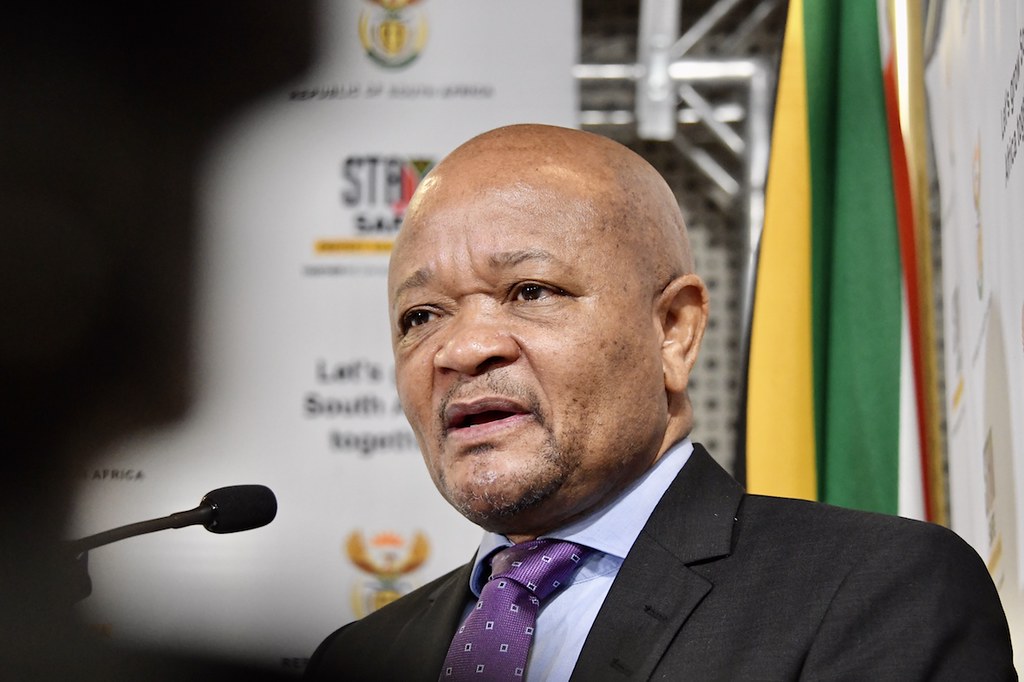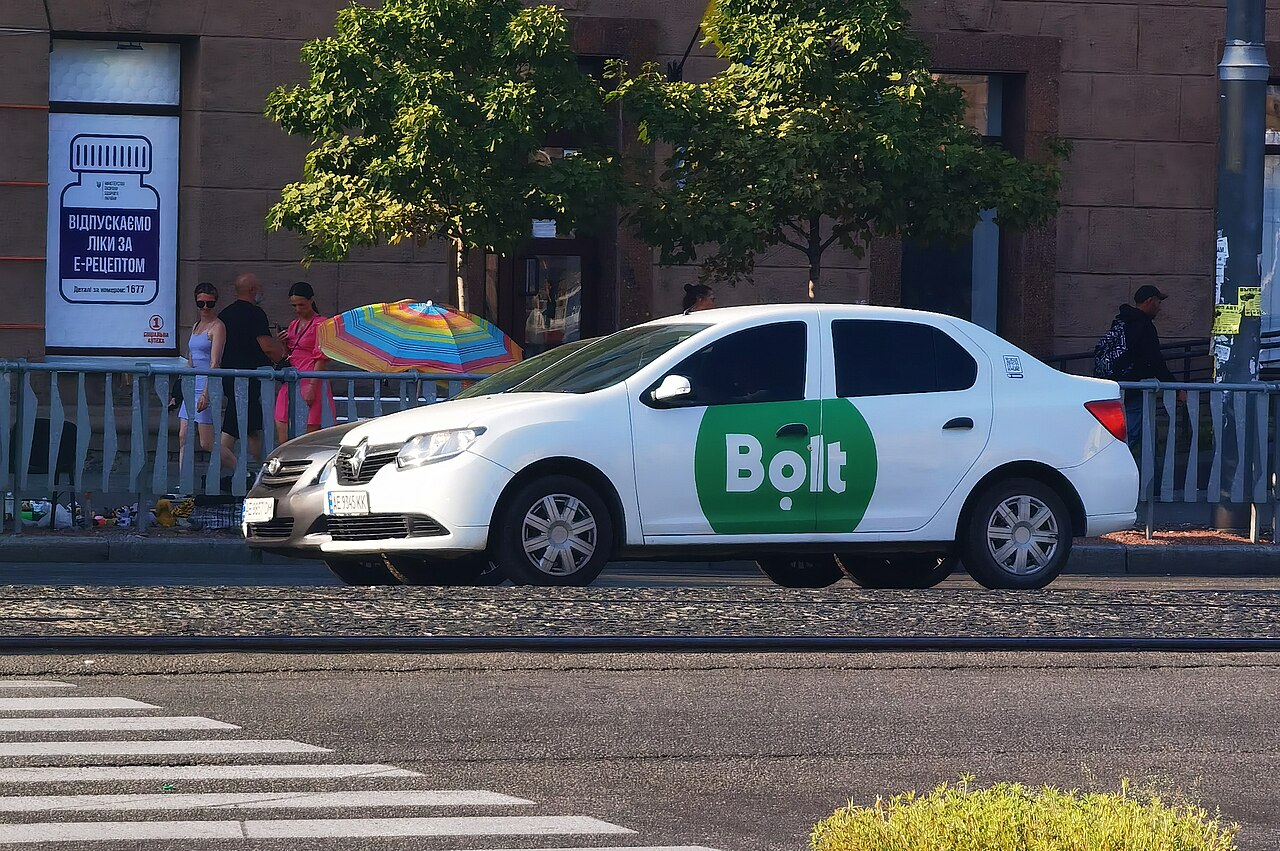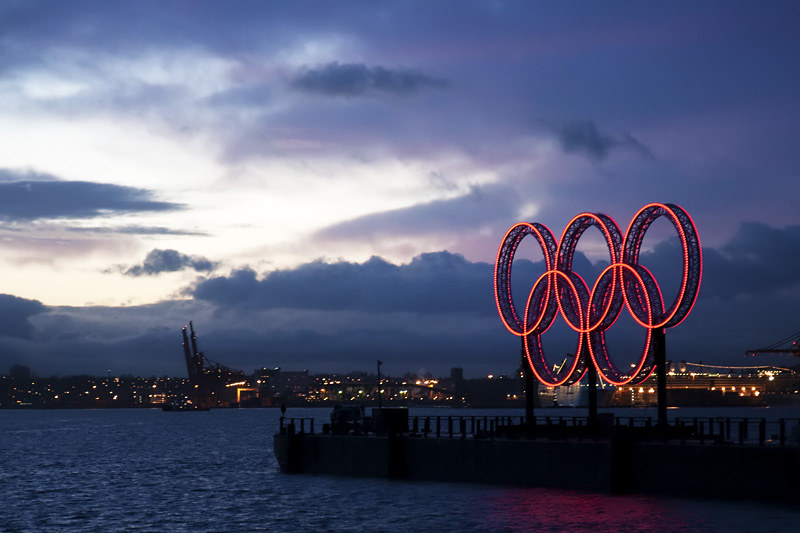As a young person and journalist living in South Africa, I’m no stranger to headlines about corruption in government, and honestly, as bad as it sounds, I’ve gotten used to it.
So when KwaZulu-Natal Police Commissioner Nhlanhla Mkhwanazi dropped a bombshell, accusing Police Minister Senzo Mchunu of working with criminal syndicates and disbanding a task team investigating political killings, I wasn’t exactly shocked.
What I was looking forward to was how President Cyril Ramaphosa would respond. Personally, I expected him to call one of his famous family meetings the very next day and give us a clear response, just like he did when he swiftly fired DA Deputy Minister Andrew Whitfield in June over a long-passed trip to the US.
But instead, Ramaphosa announced that Mchunu would be placed on special leave with a salary, while a judicial commission, led by Justice Mbuyiseli Madlanga, gets underway. Sound familiar? It should. For South Africans, it’s the same old story: another minister, another corruption scandal, another commission. It is an ongoing cycle.
If Ramaphosa can fire a DA minister in the blink of an eye, why aren’t ANC ministers held equally accountable?
Giving a minister paid leave after they’re accused of helping criminals isn’t real accountability; it’s a paid holiday. And we’ve seen this before. It’s not helping South Africa at all. Commissions are used to shield the powerful, while people lose trust in the very institutions meant to protect them, and in democracy itself.
In the ANC, loyalty matters more than accountability.
Mchunu is accused of working with people like controversial businessman Vusi “Cat” Matlala, who’s accused of attempted murder. Matlala, who got a R360 million police health tender in June last year, despite being under investigation, has allegedly been funding Mchunu, according to Mkhwanazi. These are damning allegations.
The Democratic Alliance and MKP have opened criminal cases against Mchunu, while the Economic Freedom Fighters (EFF) have called for his immediate suspension.
In the ANC, who your friends are matters more than accountability. Mchunu is Ramaphosa’s key ally in the ANC.
Another example of this is former president Jacob Zuma, who avoided jail for years even with stacks of evidence against him or former ANC secretary-general Ace Magashule, still walking free despite facing serious corruption charges.
In 2016, the Public Protector at the time, Thuli Madonsela, started an investigation into state capture. She did this after receiving complaints from Father Stanislaus Muyebe and Mmusi Maimane.
Later that year, she released a report titled “State of Capture.” The report said that former President Jacob Zuma and other government officials had ties with the notorious Gupta family, and it recommended that Zuma set up a commission to investigate state capture further.
Zuma tried to challenge the report in court, but the court ruled against him. It said that Madonsela’s recommendation was legally binding and Zuma had to set up a commission of inquiry within 30 days from its ruling, to investigate corruption.
Chief Justice Mogoeng Mogoeng picked Deputy Chief Justice Raymond Zondo to be in charge.
Zondo worked with a full-time team that included former Auditor-General Terence Nombembe as the head of investigations, and Frank Dutton, who served as the lead investigator until his passing in January 2022.
This commission laid bare how almost every part of government was captured, bankrupted as a result of serving private and political interests.
Zuma was found to have worked with the Gupta family, and would have done
“anything that the Guptas wanted him to do for them”, including getting rid of competent ministers at the family’s request.
The Zondo Commission report recommended that criminal charges be brought against members of the Gupta family. In addition, the commission advised the government to seek legal assistance to recover the R255 million wasted on a Free State asbestos removal housing project.
Zuma enabled state capture, handing state-owned enterprises like Eskom and Transnet to the Guptas on a silver platter. To protect Zuma, ANC MPs blocked a motion of no confidence against him nine times, even as evidence of Gupta influence piled up.
The ANC has built a culture where party leaders protect each other and leave it to commissions to ‘buy time’.
Mchunu’s case could follow a similar path, with another report that leads nowhere unless Ramaphosa finally chooses to act differently.
How commissions have ‘failed’ in the past
We all remember the promise made to us. After evidence of state capture under Zuma was uncovered, Ramaphosa told South Africans that it should “never [be] allowed to happen again”.
But if we’re being honest, not much has really changed.
As a result of state capture, billions meant for healthcare, education, and basic services were stolen, while ordinary citizens were and still are left struggling. The Zondo Commission, which took nearly four years and heard from over 300 witnesses, showed us just how bad things got under Zuma’s administration. Close to 1,500 people have been implicated.
The report didn’t just point fingers at Zuma. It also questioned Ramaphosa’s role, especially since he was deputy president at the time. Judge Zondo’s findings were clear: the ANC under Zuma allowed, supported, and enabled corruption.
But here’s the thing: where’s the justice? So far, only 37 of the accused individuals named in the report have been arrested.
And the Zondo Commission is not the only one. The Marikana Commission looked into the police shooting of 34 miners, but no top police officials ever went to jail.
The Life Esidimeni Inquest is another commission that has seen no justice. Chaired by Judge Mmonoa Teffo, the inquest investigated the deaths of 141 people at psychiatric facilities across Gauteng. There have been no arrests, despite the inquest’s findings.
The Zondo Commission didn’t just expose the depth of state capture; it also reminded us that accountability starts at the top. When leaders are implicated, we need more than just commissions that delay justice. We need actions that show no one is above the law.
If Ramaphosa can fire a DA deputy minister over a trip, then he can conduct an immediate criminal investigation into this case alongside a commission. Special leave is just a way to protect Mchunu. South Africans are growing increasingly frustrated with the endless cycle of corruption scandals and the lack of real consequences.
As a South African, I’m tired of the corruption that makes headlines but doesn’t lead to justice. As a country, we deserve better; we deserve a government that puts people before politics and accountability before party loyalty.
Lona is a recent graduate with an Honours degree in Journalism and Media Studies from Wits University. Passionate about storytelling, she is eager to learn, grow, and hone her writing skills.




